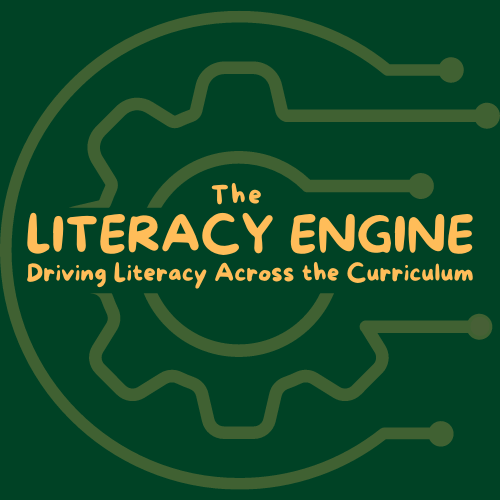Development Cogs

Extended reading and study of non-fiction texts provide a powerful and evidence-based method for teaching PSHE, SMSC, British Values, and Citizenship topics.
2025/26 Gears of Thought Membership Required
You must be a 2025/26 Gears of Thought member to access this content.
Already a member? Log in here
This approach simultaneously supports the holistic development of students as individuals and enhances their reading skills through the acquisition of real-world knowledge. Here’s why:
1. Fostering Personal Development Through Real-World Understanding
- Building Empathy and Perspective-Taking: Non-fiction texts allow students to encounter diverse life experiences, cultures, and values. Research indicates that exposure to real-world stories helps students build emotional intelligence and empathy, key aspects of personal and social development.
- Promoting Moral Reasoning: Non-fiction often deals with ethical dilemmas and social issues, encouraging critical reflection. Studies suggest that grappling with moral questions in real-world contexts supports moral and ethical growth, a cornerstone of SMSC education.
- Encouraging Active Citizenship: By learning about democratic systems, global issues, and historical movements through non-fiction, students are empowered to see their role in shaping society. This aligns with evidence that informed learners are more likely to engage in civic activities.
2. Supporting the Development of Reading Skills
- Expanding Vocabulary and Comprehension: Research highlights that reading diverse non-fiction exposes students to subject-specific terminology and complex text structures, improving both their academic vocabulary and comprehension skills.
- Improving Critical Reading Skills: Non-fiction texts require readers to evaluate evidence, distinguish between fact and opinion, and assess bias. These skills are crucial for navigating a world where media literacy is increasingly vital.
- Encouraging Reading Engagement: Non-fiction linked to real-world interests or current events can motivate reluctant readers by providing material they find relevant and meaningful.
3. Interconnecting Reading and Personal Growth
- Knowledge Building Enhances Understanding: The “knowledge-first” approach, supported by cognitive science, suggests that understanding the world improves comprehension across all reading tasks. Non-fiction provides the background knowledge needed for students to make sense of complex societal issues.
- Facilitating Reflection: Reading about real-world challenges encourages introspection. Students reflect on their own values, choices, and behaviours in relation to what they’ve read, deepening their personal development.
4. Evidence-Based Teaching Strategies in Practice
- Scaffolding Reading and Discussion: Guided reading strategies, such as our Interactive Read Aloud model, support students in questioning, summarising, and clarifying non-fiction texts. This promotes deeper comprehension and connects texts to personal and social topics in PSHE and Citizenship.
- Use of High-Quality, Diverse Texts: Research suggests that including culturally responsive texts and materials supports identity development while fostering an understanding of diversity and inclusion.
- Embedding Literacy Across the Curriculum: Cross-curricular approaches, where reading non-fiction connects with history, geography, and current events, are linked to greater retention and application of knowledge.
5. Empowering Students as Lifelong Learners
- Encouraging Autonomy: Extended reading fosters independence, with students learning to seek out information and form evidence-based opinions.
- Preparing for Future Challenges: Mastery of non-fiction texts prepares students for adult life, where they must navigate informational texts in contexts such as work, finance, and civic responsibilities.
By combining skill development with the acquisition of world knowledge, non-fiction reading equips students with the tools to thrive academically, socially, and emotionally, ensuring they become informed, thoughtful, and capable contributors to society.
